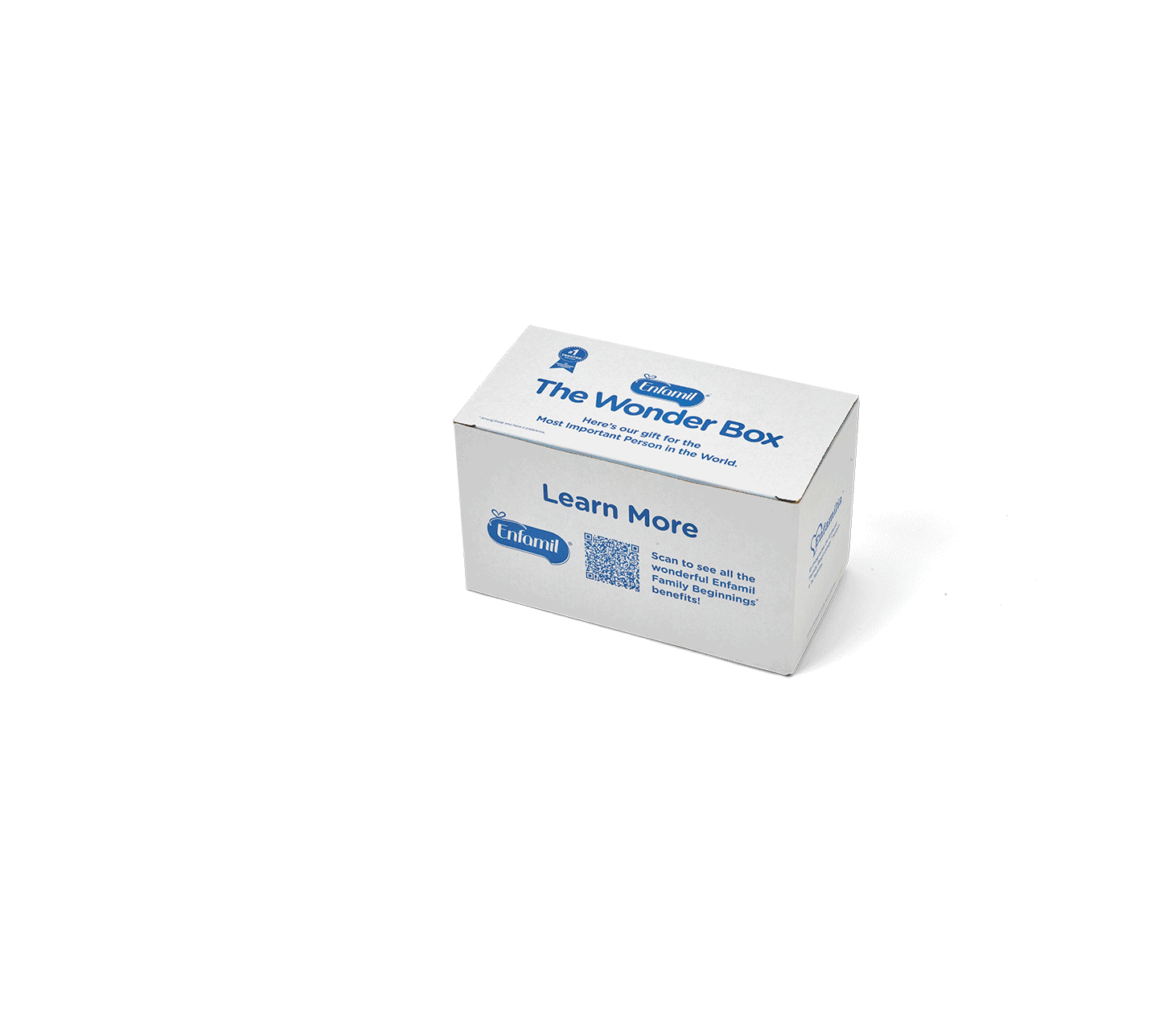Due to maintenance, rewards points for receipt uploads will be delayed. Thank you for your patience!

Enfamil® has a line of products, including baby formulas, human milk fortifiers, and more, that provide highly specialized nutrition following a doctor's recommendation.
There are so many different baby formulas to choose from. How do you know which formula will best support your new loved one? It’s good to get to know the different types of formula available for your infant and to be aware of the specialized baby formulas that may be able to support certain health and dietary needs.
Always talk to your doctor and get their opinion on what can work best for your infant. While most parents tend to find a good baby formula and stick with it, it can be wise to switch formulas and try other options if you notice your baby having allergy issues or is fussy as they grow.
Specialty baby formulas are designed to give your baby certain nutrients and assist with certain health or feeding issues. Specialty infant formulas may be recommended by a doctor for food allergies, sensitivities, gastrointestinal concerns, malabsorption, and more.
Cow’s milk and soy allergies can be common among little ones, and specialty formulas can help. There are also special formulas for babies who were born premature or born with a very low birth weight. You can always start with a basic newborn infant formula and try new formulas as they grow or if certain health conditions present themselves.
Often premature babies have special dietary needs and require additional nutrients to support their health. However, always check with a doctor about your infant. Premature babies need more calories.
There are special preemie formulas that have supportive ingredients like calcium, phosphorus, protein, sodium, potassium, and other minerals including iron, zinc and copper. They are made with higher volumes of various vitamins and more protein to support growing infants.
Specialty baby formulas are typically made to help with a specific health or feeding issue. They can have added vitamins and nutrients and can be made with different milks or protein and carbohydrates that better support sensitive infants.
Research has shown that baby formulas affect a child's food preference later in life. Some parents like to try different formulas and ingredients to find the best match for their baby. You may be surprised at the changes in your baby when you try a different formula or special baby formula.
